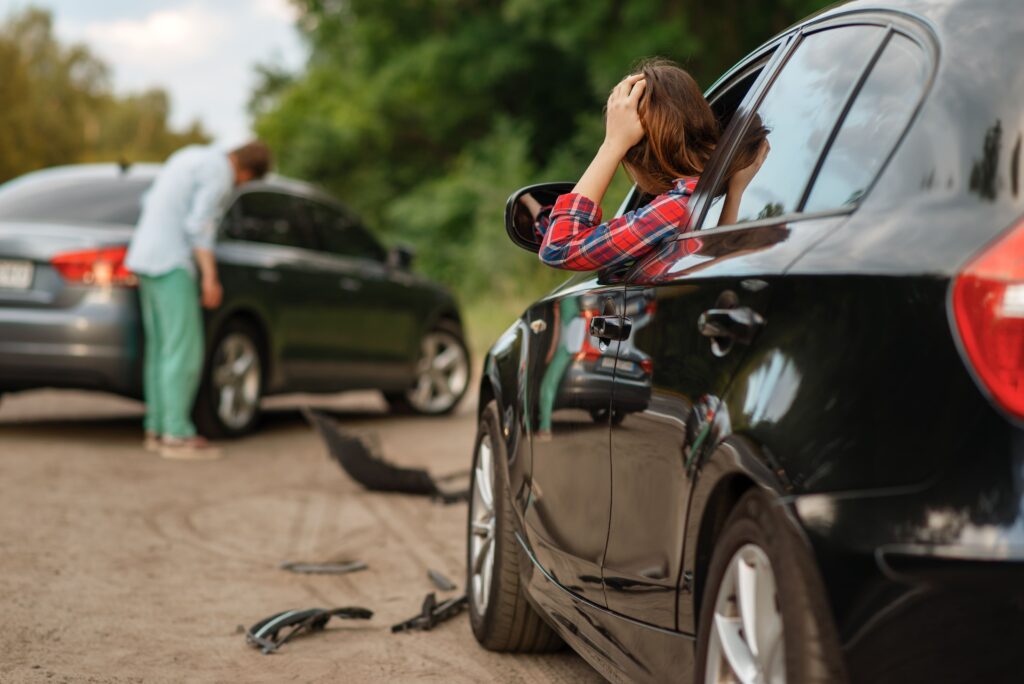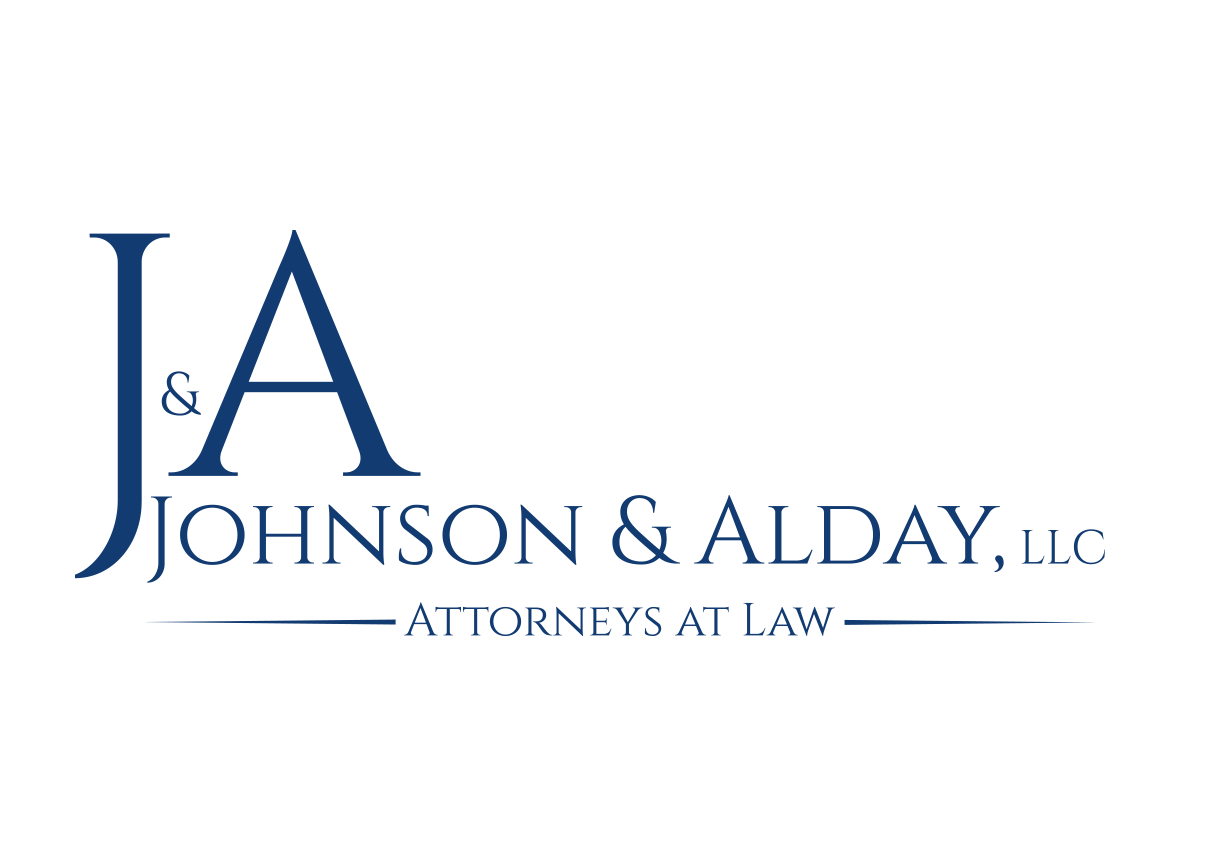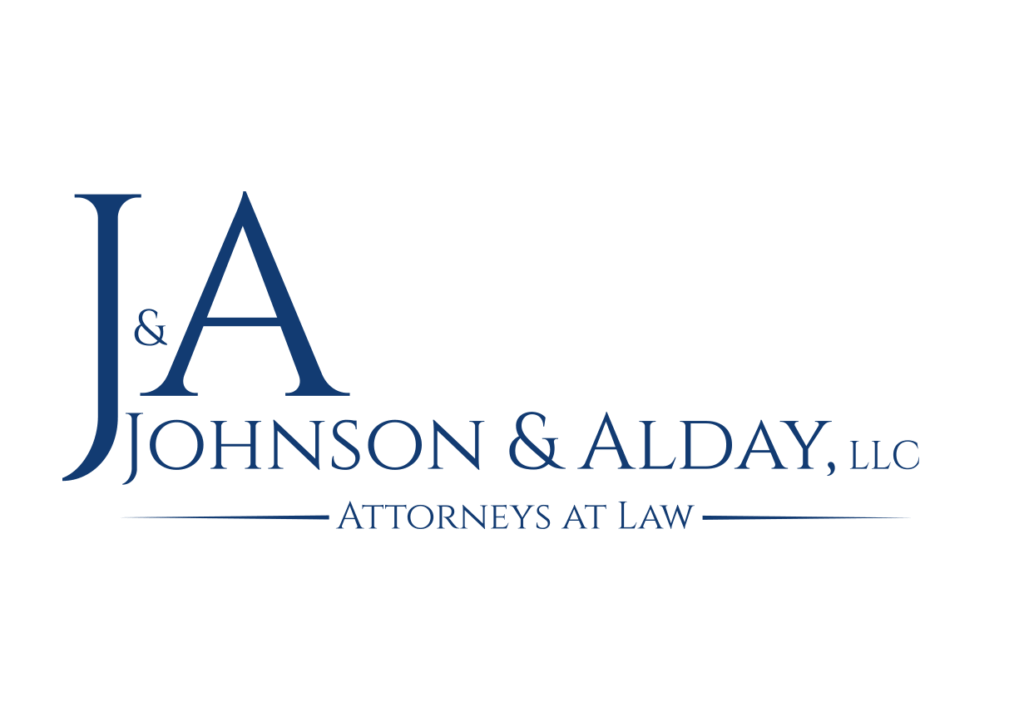Liability In Car Accidents
Car Accident Lawyer
Car accidents are unfortunate events that can lead to devastating consequences, both physically and financially. Determining liability is a crucial aspect of the aftermath, as it helps victims seek compensation and justice for their losses. Various parties can be held accountable for car accidents, depending on the circumstances surrounding the collision. In this listicle, we explore four parties who can potentially be liable in car accidents. It is important to be aware about the main parties that can be held liable in a car accident.
Negligent Drivers
The most common party held liable in car accidents is the negligent driver. Negligence occurs when a driver fails to exercise reasonable care, thereby breaching their duty to drive safely. Common examples of negligent driving include speeding, running red lights, distracted driving (e.g., texting while driving), driving under the influence of alcohol or drugs, and failing to yield the right of way. All drivers bear responsibility to operate their vehicle in a manner that is mindful about the safety of others. When they fail to do so, causing an accident, they may be held liable for the resulting damages, including medical expenses, property damage, pain and suffering, and lost wages.
Vehicle Owners
In some cases, the owner of the vehicle involved in the accident may also be held liable, even if they were not driving at the time. This is often referred to as “vicarious liability” or the “family car doctrine.” If the owner knowingly entrusted their vehicle to someone who is incompetent or reckless, they can be considered partially responsible for any accidents caused by that driver. If the vehicle was poorly maintained, leading to a mechanical failure that contributed to the crash, the vehicle owner may be held responsible. As a car accident lawyer like one from Cohen Injury Law Group, P.C. can tell you, vehicles must undergo regular maintenance inspections so that the car can be roadsafe.
Employers of Commercial Drivers
When a car accident involves a commercial vehicle, such as a truck or a delivery van, the liability may extend beyond the driver and include their employer. Employers can be held responsible under the legal doctrine of “respondeat superior,” which states that employers are liable for the actions of their employees performed within the scope of their employment. To avoid liability, employers must ensure that their drivers are qualified, adequately trained, and comply with all traffic regulations. They should also have the right maintenance programs for their specific vehicle as well as discourage reckless driving.
Government Entities
In some car accidents, the road conditions or infrastructure may contribute to the collision. Poorly designed or maintained roads, lack of proper signage, malfunctioning traffic signals, and other road defects can be factors in accidents. When this happens, government entities responsible for maintaining the roads can be held liable. However, pursuing a claim against government entities can be more complex than other parties due to sovereign immunity laws. The laws vary from state to state, so it can affect the time limits for when claims can be filed, as well as the recoverable compensation amount.
Liability in car accidents is a multifaceted matter, and it’s essential to assess each case individually to determine the responsible parties accurately. Negligent drivers are the primary culprits, but vehicle owners, employers of commercial drivers, and government entities can also share liability. Find out how you can get the legal counsel that you need to navigate your claim by consulting a seasoned lawyer who is ready to help you.

Tell Us About Your Case

